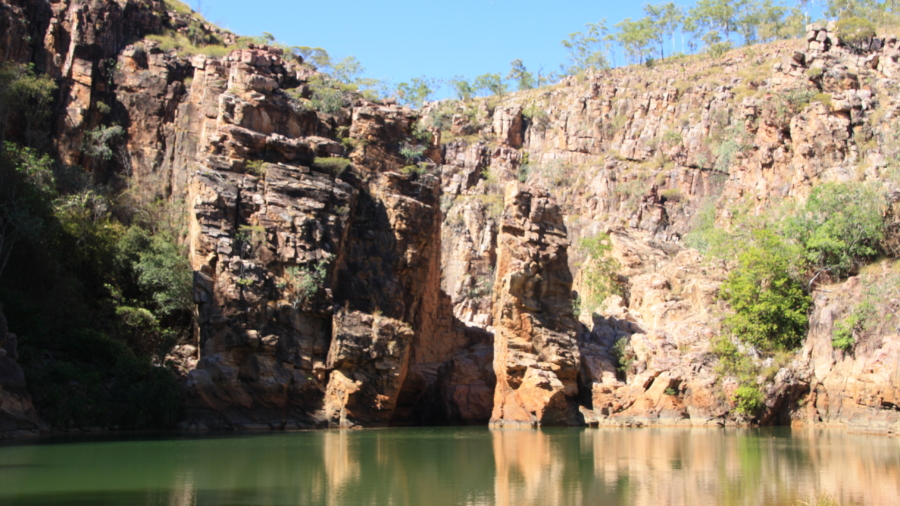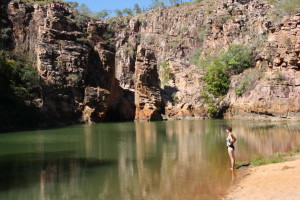Has anyone noticed how busy, how violent, how damaged, how lost the world is lately? Sometimes it feels like I spend more time defending some right, advocating for some justice or worrying about some worthy cause, than I spend with my own children just living and being. My Inbox is flooded with agencies wanting my signature on their petition or money to fight their case. As a peoples, we seem to have lost our sense of self – our humanity – distracted by the temptation of technologies and drawn into the seduction of social media. We have been sucked into believing that our leaders and politicians have our collective human interest at heart. We have been disconnected from what our intuition, our bodies and our earth is telling us. We are detached from relationship to each other.
It seems like there are quite a few of us out there who are despairing at the ravaging of the planet and the inhumane treatment of human beings at many levels. It has been refreshing to witness the emerging movement of people standing up for human and environmental rights around the world. There is change on the wind. Some have called it the time of the Great Turning. There is also a movement of people simplifying their lives, ridding themselves of the possessions of consumerism, growing and sharing free food, moving into a tiny house, cutting back their work hours and looking for a tree change. These are not what might be called hippies or tree huggers but average people. Yes it is the average person that is waking up and looking within for what is true and just.
Mindfulness is also making a comeback with a wider audience than just the yoga-loving types. Mindfulness teaches us to stop, to breathe, to reconnect, to listen. Seigel (2015) calls it taking ‘time in’ (as opposed to time out) inviting us to become aware of our bodies, feelings and thoughts at this moment in time. Not the past. Not the future. Now.
Professionals in the field of neuroscience now have the evidence that mindfulness really is good for our human brains. So evidently the human services sector is jumping on board with mindfulness being the answer to all manner of human problems like addictions and mental illness, manifestations of the crazy, stressed-out world we have created.
I would argue that Aboriginal people in Australia have been practising mindfulness for thousands of years. It appears to be very close to what Miriam-Rose Ungunmerr-Baumann, from Daly River calls ‘Dadirri’.
“Dadirri is inner, deep listening and quiet, still awareness. Dadirri recognises the deep spring that is inside us.”
“The contemplative way of dadirri spreads over our whole life. It renews us and brings us peace. It makes us feel whole again.“
“There is no need to reflect too much and to do a lot of thinking. It is just being aware.”
Miriam has said that dadirri is not just an Aboriginal thing, it is deep inside each one of us. Sitting in nature is one way we can become more connected with the practice of dadirri. Sit, feel and listen – to the birds, the wind, your breathing, your heartbeat. Allow yourself to be quiet and be still in this moment. It won’t fix the worries of the world. But it will allow you to just be.
It’s pretty ironic that the one culture we have tried to destroy in Australia is the same culture that can teach us how to live in peace with ourselves and the earth? If only we had just listened.
References
Siegel, D. 2015 ‘ Brainstorm: The Power and Purpose of the Teenage Brain’.


